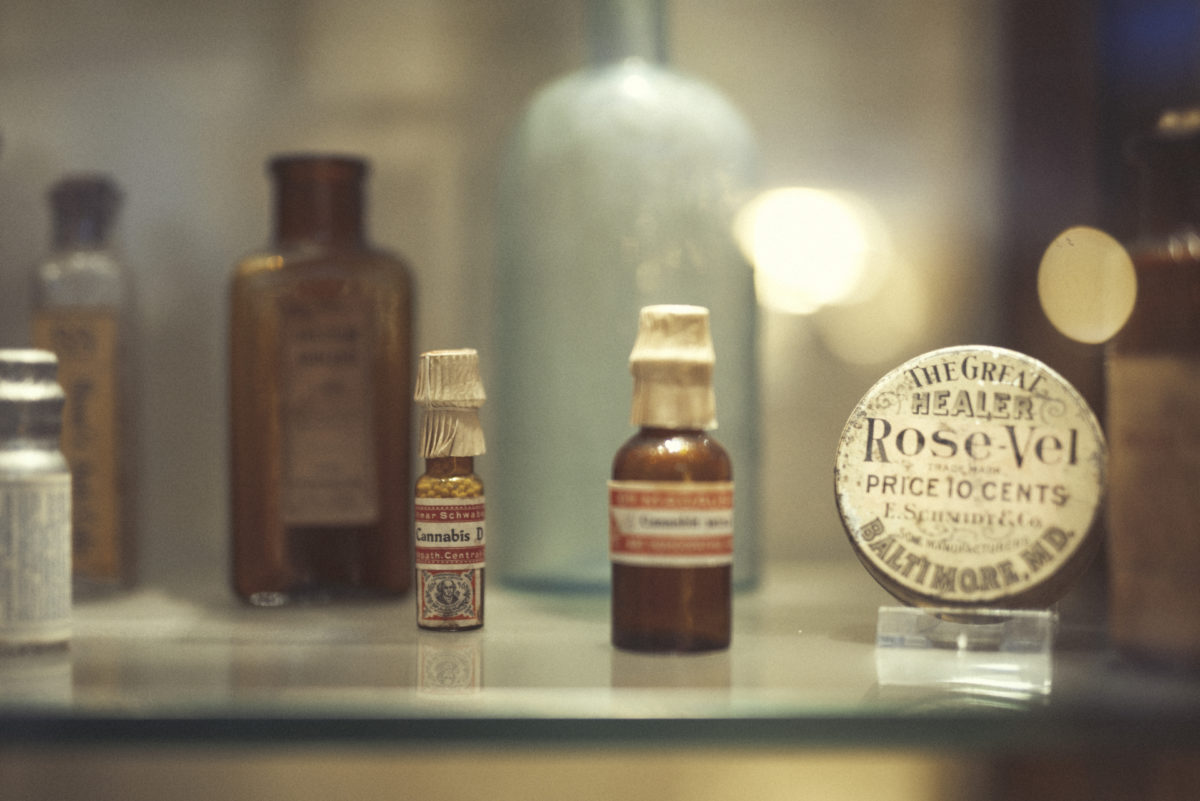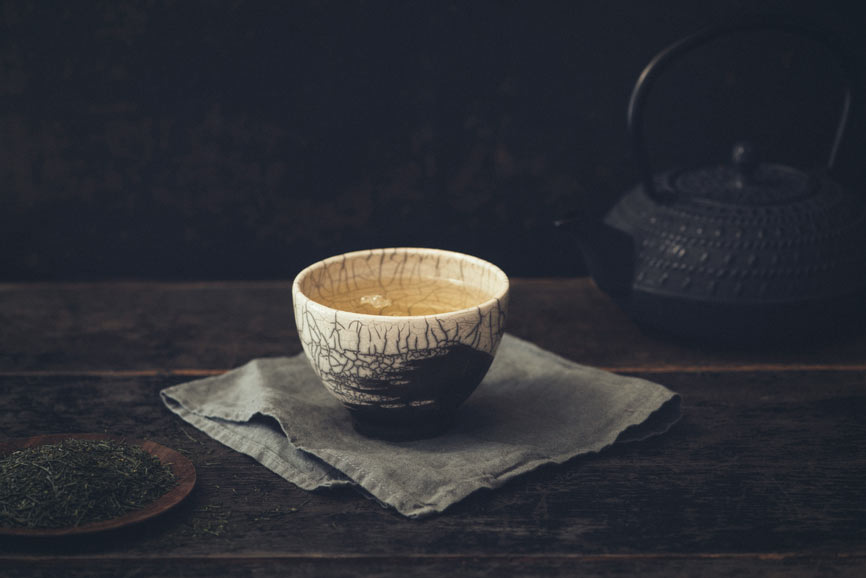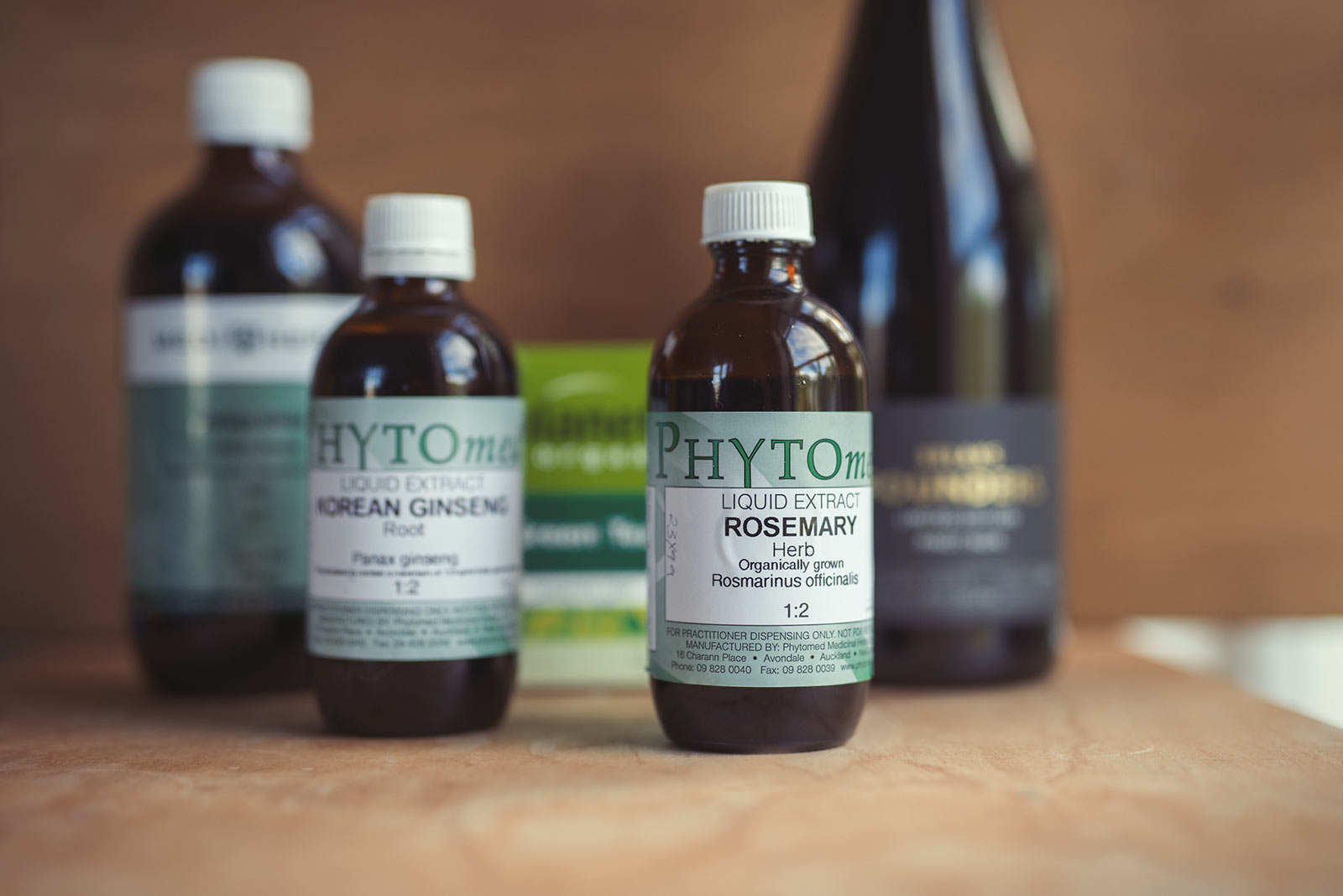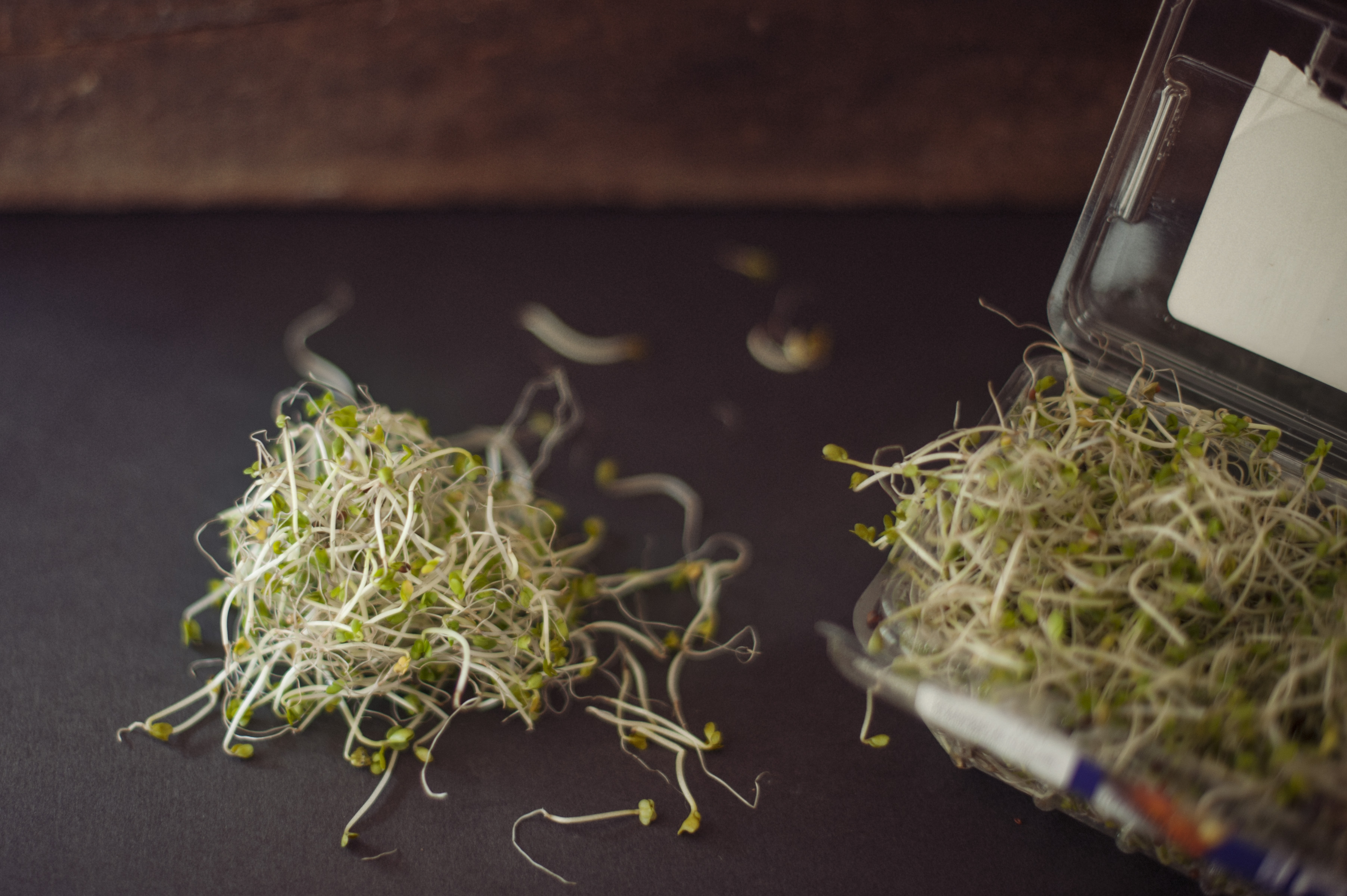
99—
Cannabis (Part-three.)

When anyone asks my advice on which antioxidants they should be taking for their health — they usually give me options to choose from. They suggest Vitamin C or Vitamin E, Açaí powder or Astaxanthin. “Meh”, I say. “I think we can do a lot better than that!” Antioxidants are vital to protect us from disease. Therefore I’m a bit of a stickler when it comes to the antioxidants I recommend to my clients.
I take the following points into consideration:
Firstly
You need a large variety of antioxidants — not just one or two.
Secondly
The efficacy of the antioxidants should be clinically proven for humans.
And thirdly
I like to know exactly what the antioxidants I am recommending are ‘getting up to’ in the body. (Because anti-oxidants can actually become pro-oxidants in certain circumstances.)
To this end, I recommend a cocktail of Practitioner Grade phytochemicals — or as I like to refer to them – ‘Herbal Heroes’.
Oxidation is a vital part of many chemical reactions that happen in our body. However this process must be closely regulated, because if it gets out-of-hand, it can damage our cells. This can then lead to disease and accelerate the aging process.
And, nobody wants that.
Imagine an ‘oxidant’ is a rugby ball, and the different types of antioxidants are members of a rugby team. While every player has a specific job to perform, everyone is highly dependent on one another to get the job done right. The players must work together to pass the ‘oxidant’ around each other until they can eventually set it down.
If even one player gets ‘benched’ they could lose the game.

A lot of the health products you find on the shop-shelf state that they are antioxidants. The manufacturers feel justified in saying this because they have had their product tested using one of three recognised methods — all performed in test-tubes1.
These tests have little, if any, bearing on how the substance will work once inside the body (and inside the cell). Or, if the substance will be absorbed into the body at all.
Testing antioxidants on cells provides us with the reassurance that it actually works in humans — and not just in test-tubes.
Warning: Science geekery follows!
– PLEASE FEEL FREE TO SKIP AHEAD 🙂
Basic Redox chemistry (short for reduction-oxidation) relates to chemical reactions where the oxidation state of component atoms changes.
Redox for Dummies
It’s essentially all about:
Reduction:
The gain of electrons or an addition of hydrogen.
Oxidation:
The loss of electrons or an addition of oxygen.
In isolation, some chemicals are better at giving or accepting electrons than others. Unfortunately though, things don’t happen in isolation in our complex body. Whether a chemical becomes an antioxidant or a pro-oxidant in the body depends on the other chemicals it has available to react with. These chemicals can be influenced by many factors such as diet, sickness, and stress.
We take antioxidants to treat + prevent common diseases & promote healthy ageing.
And, because life is too short to mess around using ‘meh’ antioxidants, I always recommend the herbal variety. Certain medicinal herbs have proven antioxidant activity – safely influencing a series of chemical processes collectively called The Multi-organ Protector Pathway2.
Note: This pathway was discovered in stages – between 1994-1999.
The Multi-organ Protector Pathway is found in all of the tissues in the body. But, it is most concentrated in the key detoxifying organs; the liver and the kidneys.
The key features of this pathway are:
IT provides a targeted approach to antioxidant protection in the cell
It can switch on & off when faced with an oxidative assault.
Specific HERbs PRIME THiS approach
Phytochemicals facilitate the responsiveness of this pathway.
The effects of herbs on this pathway provide more than just antioxidant activity
This pathway also exhibits the following actions: anti-flammatory, chemoprotective + neuroprotective, detoxifying + improving memory.
The following Herbal Heroes are the gate-keepers of
The Multi-organ Protector Pathway:
Human studies have shown that Sulphoraphane has antioxidant effects and stimulates the body’s production of detoxification enzymes.
To find out more, please read a previous blog-post I wrote on this subject: Broccoli-sprouts
This herb is predominantly used for neuroprotection + to protect against radiation damage.
Note: This herb would be strongly indicated for those who have suffered from a Stroke or who were undergoing chemotherapy treatment3.
This herb is predominantly used as a chemoprotective, a neuroprotective, and for its detoxifying + antioxidant actions.
Note: This is due to this herb’s EGCG content.
This herb is predominantly used as a cancer preventative.
This herb is predominantly used in the endocrine (hormonal), cardiovascular + nervous systems.
This herb contains carnosol + carnosic which is responsible for its neuroprotective activity.
Note: This reflects its traditional use for enhancing memory.
This herb is predominantly chemoprotective + antiflammatory.
Note: This is due to the curcumin it contains.

We’ll make sure you get Practitioner Grade medicinal herbs — as these are what the studies are based on.
We’ll make sure you not only get the most appropriate herbs for your health objectives, but that you also get the appropriate doses required.
Practitioner Grade products provide both the Medical Herbalist and the consumer with the reassurance that:
1) The correct species of plant has been identified + used.
2) Sufficient phyto-chemicals are present to meet the labels claims.
3) That the material is free from contaminants (microbial, heavy metals, and aflotoxins).
Check out this video from MediHerb to see why Practitioner grade medicinal herbs are superior:
Some of the technical information used in this blog-post was adapted from a seminar I attended.
Bone K. Herbal Antioxidants: A new understanding 2012
Lisa Fitzgibbon is a degree qualified (2006), experienced and registered Naturopath & Medical Herbalist. She runs her own private practice – OOMPH in Grey Lynn, Auckland, New Zealand.
Lisa has been involved in the Natural Health industry for 16 years. She draws on her professional training and experience, as well as her own personal experience to bring you realistic, holistic health advice.
Book onlineThe three recognised methods of ‘test-tube testing’ for antioxidant activity.
ORAC – Oxygen radical absorbance capacity
TRAP – Total radical-trapping antioxidant parameter
TEAC – Trolox equivalent antioxidant capacity
The Multi-organ Protector Pathway is also known as the Nrf2/ARE pathway.
The Multi-organ Protector Pathway should not be promoted within at least 48 hours either side of chemotherapy or radiotherapy.
Subscribe to LISA SAID SO
Subscribe to the LSS newsletter to get updates on a very irregular basis.
Sorry for the interruption!
You seem to be interested in what Lisa has to say. To be updated when new articles are published, or we have news to share, enter your email below. Thanks!